Top 3 books that helped me as a student
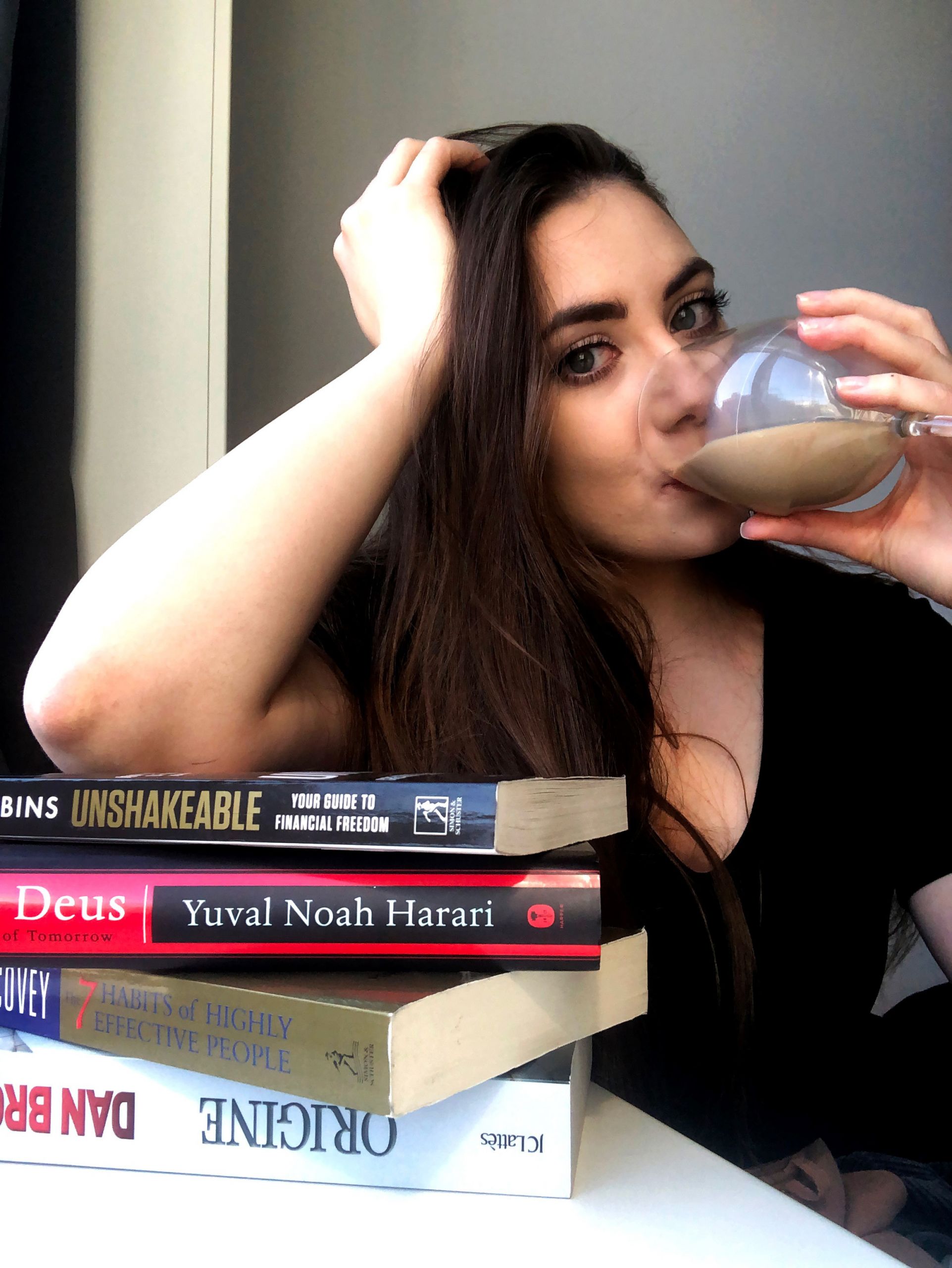
Reading books is a great passion of mine and to this day I still think that the greatest gift I ever gave myself was learning to read.
Over the years, books have helped me immensely to discover all that cannot be seen, explore other universes and worlds that never evolved, people who never existed and emotions that were forever to remain locked between pages.
Reading fantasy books was my full-time occupation at one point. That was up until I discovered that books can also be useful for the world that I am currently living in.
Non-fiction books that talk about success, finances, motivation and productivity became my new obsession. However, unlike fantasy books, these books required not only to be read but also to be acted upon.
As a university student, I have plenty to read for each semester, however the academic books I read do not necessarily contribute to my self-development. There are about a dozen books which shaped me as the person I am today, and I want to share my top 3 that really made a difference to me and my life as a student.
Here they are:
1. “Essentialism” by Greg McKeown
Essentialism is a modus operandi I adopted not long ago, which has helped me understand the value of my time and the importance of the pursuit of less but better. My main takeaways from the book are the following:
Do less but better: The cornerstone of essentialism is to learn to operate on your highest contribution. What that means is to eliminate multitasking and focus only on the activity that will bring you the highest value and the highest ROT (return on time).
This principle stuck with me because it helped me stay focused on the one thing I was doing and avoid distractions. By doing one thing at a time, I saw that the quality of my work rose because each time I was fulfilling a task I would enter a state of flow and achieve more with my time. The book also taught me that I don’t have to sign up for 20 extracurricular activities as long as the one that I already have brings me money, happiness and fulfillment.
Mental clarity: Saying “no” to non-essential tasks and projects and carefully planning the essential ones is advice that has stuck with me. I was able to remove the hesitation of “What am I going to do today?” by deciding on the essential things prior to that moment and scheduling my day down to the hour.
Most people think that scheduling your whole day is restricting and limiting. It’s quite the opposite for me – once I schedule my day and rely on that schedule, more space for thinking and creativity is created, as the worries about my day are removed.
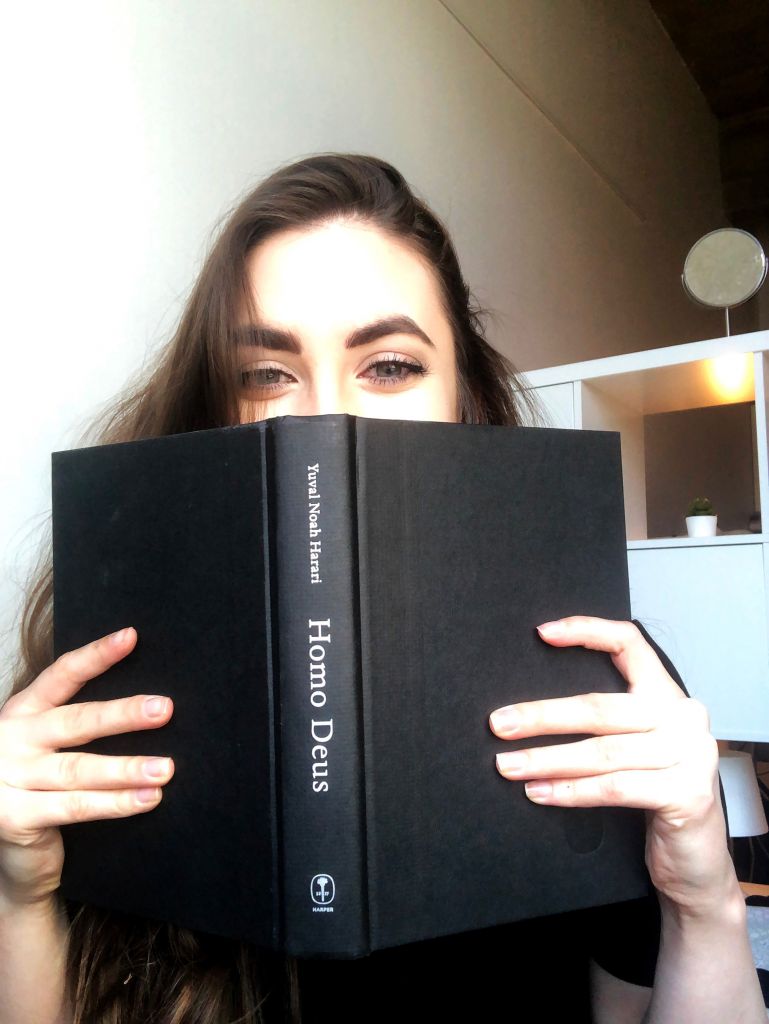
2. “Outliers” by Malcolm Gladwell
Outliers is another one of Malcom Gladwell’s masterpieces in which he studies and analyzes all the criteria and all the building blocks that make people successful, i.e. he looks at the exceptional outliers in society and what made them great. The book is full of real-life stories of how Bill Gates and Steve Jobs became who they are today and what shaped them.
For me it was interesting to hear about the 10,000-hour rule. Essentially, that means that we need to practice something for 10,000 hours to completely master it and become professionals on the topic.
This motivated me to spend as much time as I could reading and practicing any skill that I wanted to develop and include it in my daily routine.
The book also touches upon the fact that no one is born into success but most of us are conditioned by the families we grew up in, the environment around us, the country we were born in, etc. I like his grounded approach towards success – he takes nature and nurture and combines them to provide the formula for success.
He explains how our beginnings are not the only thing that defines our success – it is the small rituals we do every day that end up shaping us the way we are. This little insight has helped me build habits and systems to sustain these habits in the long run.
3. “Unshakeable” by Tony Robins
Unshakeable was the single best book for me when it came to financial security, financial independence and investments for beginners.
What sets this book apart from all the other well-known books about finances (like “Rich dad, poor dad”, “The richest man in Babylon”, “Think and grow rich”, etc.) is that Tony Robins combines basic and advanced financial advice for all ages, all markets (bull and bear), with sound tips and tricks about recessions, crises and managing your money and emotions during those financially hard times.
Not only does he focus on the importance of being responsible with money, which I think is a lesson all students must learn in time, but he also advises you how to save and grow what you already have. Rather than spending half of your salary on one night out (which I am also guilty of).
He combines saving and investing advice, as well as advice on emotional intelligence in just under 250 pages. His book was the reason I started my financial journey and the reason why today I have financial security and knowledge about the volatility of the markets and the outcome of each of them (which I think is very useful for us economics students).
In conclusion, those 3 books helped to shape the person I am today – an essentialist with a passion for personal finance in love with productivity and on her road to massive success.
I also think that these 3 books helped me at university, as for me it is important to know when I can say no to an extracurricular project, because it doesn’t add value to my life. It is important for me to understand the formula for success so that I can make the most out of my studies. Last but not least, it is important for me to get my finances straight and boost my corporate finance grade by acing the stocks and bonds chapter 😉
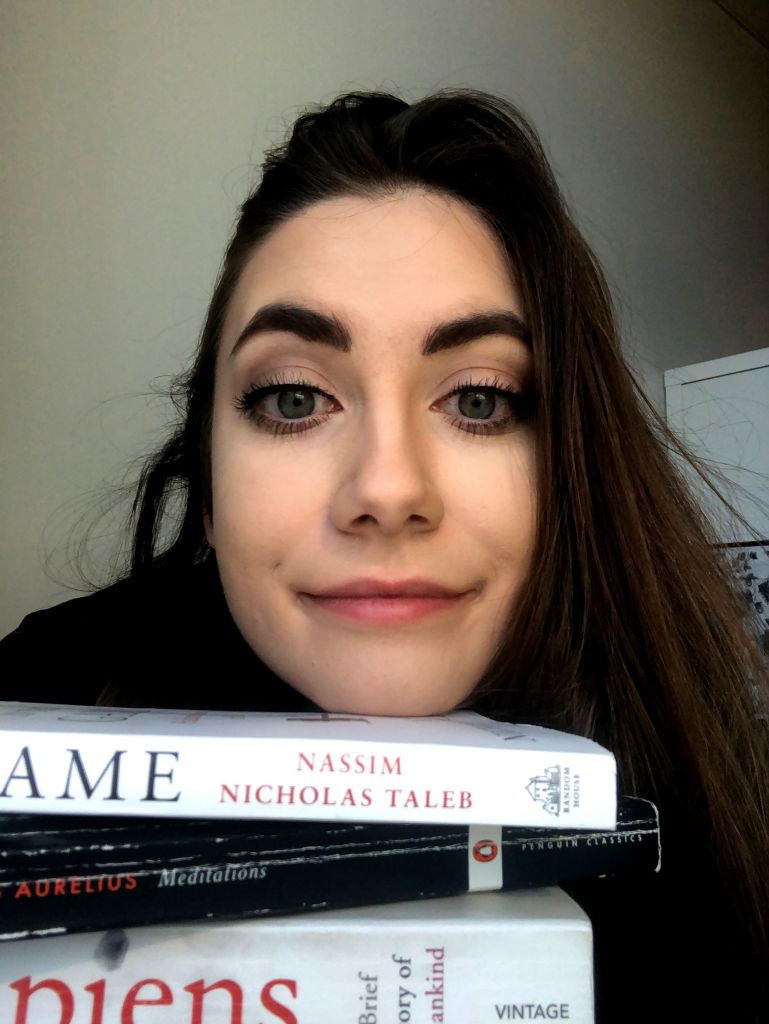





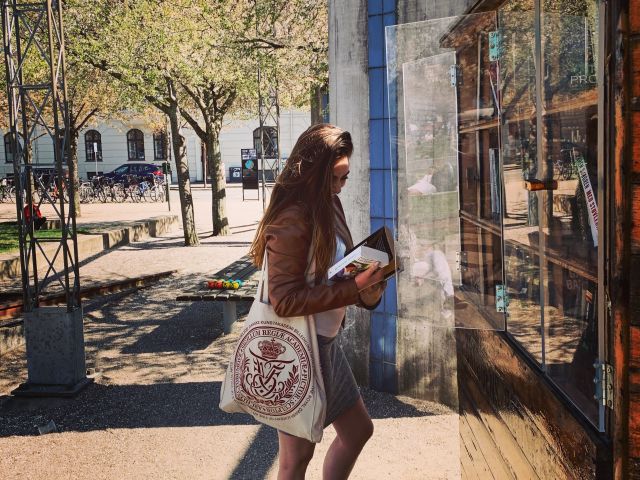

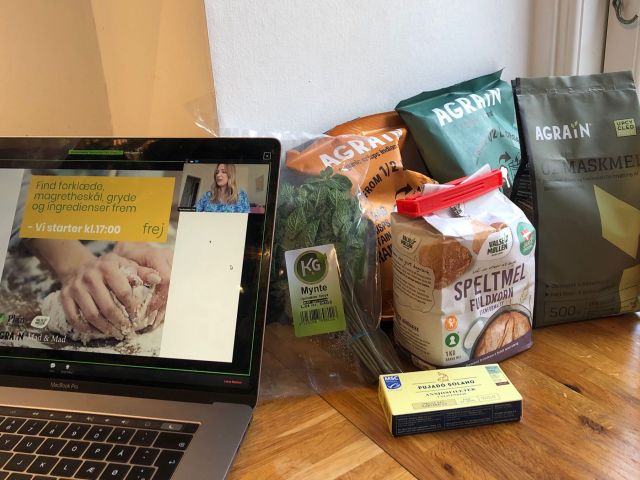




























































































































Comments